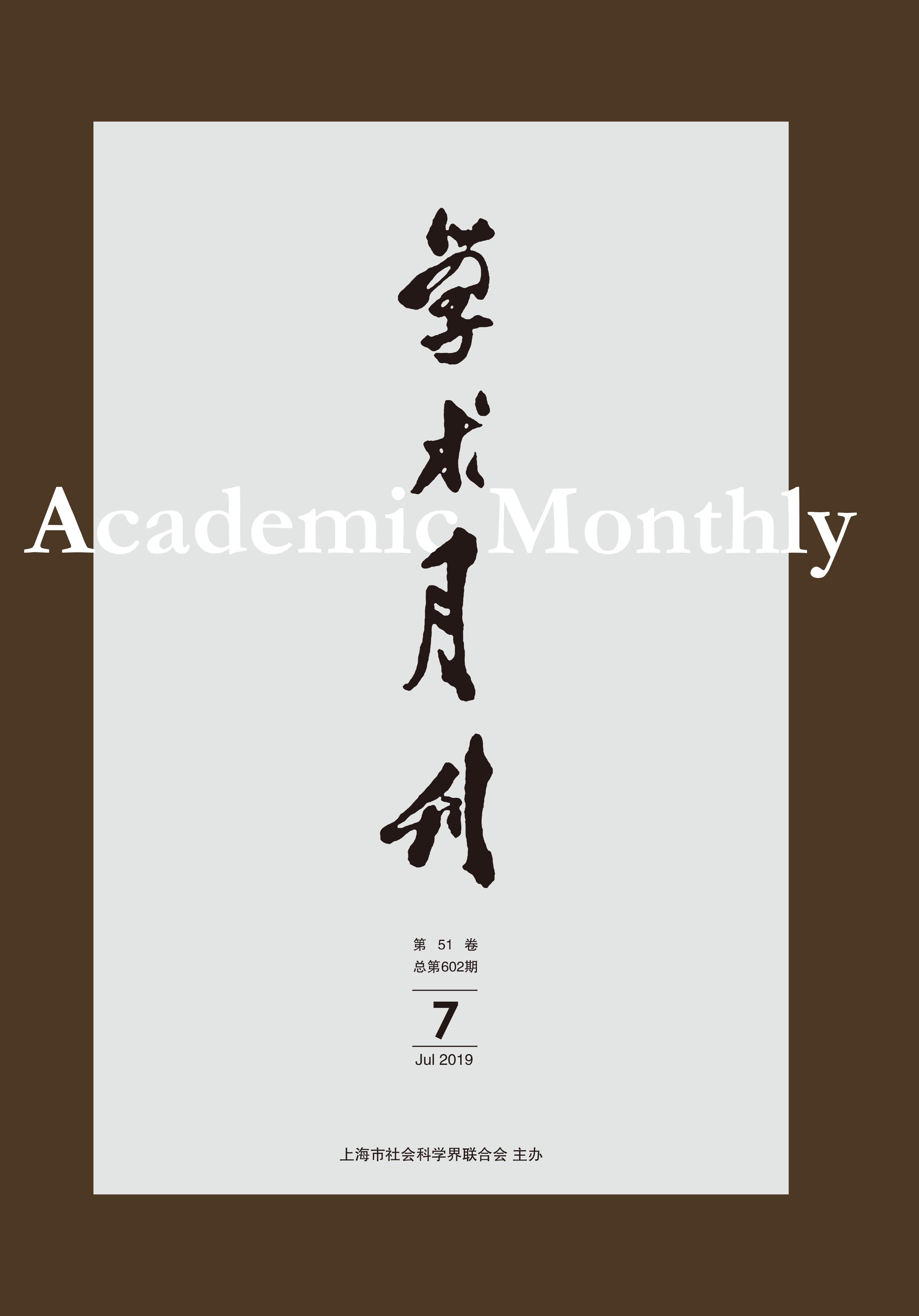The Paradox of “Fidelity”: Ding Ling’s Female Martyrs/ Identification with Martyrs and Sex Politics in the Revolutionary Age
- Available Online: 2019-07-01
Abstract: Ding Ling’s life was turbulent and tortuous, and without exaggeration, was the most vivid reflection of Chinese literature and revolutionary politics in the 20th century. In her posthumous writings, the stories of " ministers and women who died for loyalty” that she recalled in Chinese history had already been part of her own life and would haunted her life. For a new woman, " fidelity” was not so much a kind of negation as a kind of liberation. Ding Ling refused to be a female martyr of moral doctrines, but identified herself to female martyrs in politics. With this twofold attitude, which was in itself contradictory and unconscious, Ding Ling was eventually obsessed with modern martyr worship. Female martyrs broke away from women who died for loyalty on one hand, but was part of them in a new sense on the other hand. Female martyrs’ stories were celebrated on the condition of their deaths. Mechanisms that created praise for women who died for loyalty and female martyrs were consistent in some senses, though female martyrs died more significantly. Ding Ling’s martyr complex was related to her history of being kidnapped by spies, but she was kidnapped by the complex to die as a martyr at the same time.



 沪公网安备 31010102003103号
沪公网安备 31010102003103号 DownLoad:
DownLoad: